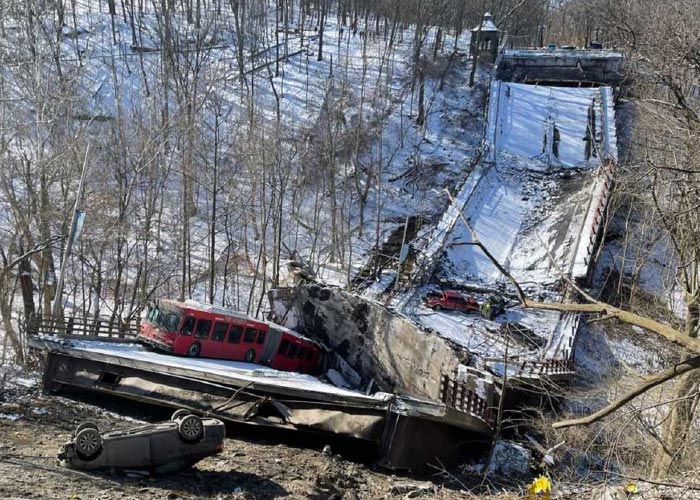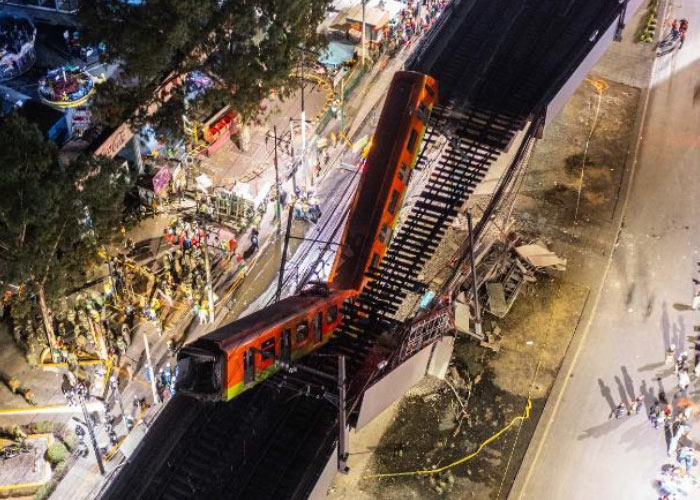Late in the evening of May 3, 2021, an elevated section of the Golden Line (Linea 12) of the Mexico City Metro collapsed, resulting in 26 deaths and numerous other injuries. The investigation that followed identified multiple reasons for the collapse: initial design errors, unsanctioned changes during construction, poor construction inspection and materials, and lack of maintenance. The complex interactions between political imperatives, engineering design and construction delivery in large public projects will be discussed in detail for this particular case.
While one may attribute the Golden Line failure to cultural issues, the failure of the Fern Hollow bridge in Pittsburgh, Pennsylvania on January 28, 2022, while not resulting in major casualties, echoed many of the shortcomings that led to the Mexico City failure. These problems had also been evident in the collapse of the Champlain South condominium in Miami on June 24, 2021.
By comparing and contrasting the technical and professional issues that led to these recent failures, a case is made that (1) we need a far more systematic forensic engineering approach, such as that advocated by CROSS-USA, and (2) formal failure analysis techniques should be an important component of undergraduate engineering education. Finally, the need to understand the complex relationships between political priorities and infrastructure resilience as an integral component in all engineering courses will be emphasized.


Roberto T. Leon received a B.S.C.E. degree from the University of Massachusetts at Amherst in 1978, an M.S.C.E. from Stanford University in 1979, and a Ph.D. from the University of Texas at Austin in 1983. He taught at the University of Minnesota and Georgia Tech before joining Virginia Tech as D.H. Burrows Professor of Construction Engineering in January 2012.
Professor Leon’s research focuses on dynamic behavior and design of composite and hybrid steel-concrete structures, testing of full-scale and model structures in the laboratory, and field instrumentation of structures. He has made original contributions in the areas of steel bolted connections, partially-restrained composite frames, composite joists, unreinforced masonry behavior, composite columns and innovative steel structural systems.